A layman’s approach to unlocking the Uganda-Rwanda stalemate
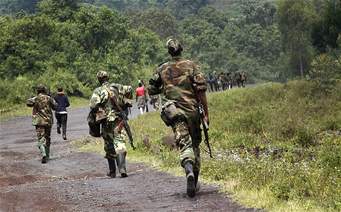
Espionage is the legitimate business of any state and on its own should not be such a big deal between countries
A much anticipated meeting to resolve a potentially incendiary standoff between Uganda and Rwanda, ended inconclusively in Kampala over the weekend. The only highlights were Kigali leveling new charges of aggression against Uganda while for the first time, a reticent Kampala lifted the lid off its own accusations against Rwanda.
Speaking to journalists during a post-meeting briefing, Uganda’s minister for foreign affairs Sam Kuteesa, said Kampala was holding a number of Rwandans in detention whom it accused of espionage and infiltration of the Uganda security establishment.
In a tweet Friday night, Rwanda’s docket holder for regional affairs, Ambassador Olivier Nduhungirehe revealed that seven hours of “deep, open, frank but cordial discussions between #Uganda & #Rwanda,” had not achieved agreement on the most contentious issues to wit; Uganda’s alleged support for anti-Rwanda armed groups and illegal detention of Rwandans in Uganda.
The delegations he said, had agreed to refer the matter to the heads of state. That was a diplomatic way of reporting that there had been no progress.
Though the immediate outcome might not have met the expectations of a public that wants a quick resolution, it is now possible to proffer a possible solution to the deadlock.
According to the record, some of these issues should be easy to unpack. If Uganda’s main grievance against Rwanda is of espionage and sabotage, there are two options for dealing with this. One is to release the suspects from detention and hand them over to Rwanda. If Rwanda is holding any Uganda’s spies, the protagonists could organise a swap. A spy’s value immediately depreciates to zero the moment their cover is blown. So there is no strategic advantage in Uganda holding on to Rwandan spies given the political cost of clinging to them.
If these spies engaged in criminal activity such as sabotage, then they should be tried before competent courts and get sentenced or freed. Actually this is what Rwanda has asked for in the alternative – subjecting the suspects to due process. As with many people facing the slow wheels of Uganda’s dysfunctional justice system, the Rwandans in custody, have been held for months without any trial against them taking off.
Under normal circumstances, spying on its own should not be such a big deal between countries. It is the legitimate business of any state and Uganda would be making a huge mistake if it is not engaging in espionage. Uganda like any other country is a hot bed of espionage and counter espionage with the Eritrean, Ethiopian, Kenyan, Tanzanian, US and UK secret services being quite active here.
Counter espionage is the answer to espionage and having enemy spies that you know in your territory is useful since it gives you an idea of your adversary’s areas of interest.
Freeing the Rwandan spies can be negotiated as part of a matrix under which Rwanda agrees to ease some of the screws it has tightened against Kampala.
That would leave only one elephant – Uganda’s alleged support for the Rwanda National Congress that seeks regime change in Kigali. Given Kigali’s convictions, it is unlikely that it would budge on this issue. And if Uganda is supporting the RNC, and in light of its convictions about Rwanda’s actions; it can actually afford to be honest about it. There is nothing inherently wrong with supporting your enemies enemies if you believe you have justifiable cause.
Such an admission would be necessary because it would create the conditions for a honest dialogue that allows the other party to demonstrate how and why such fears are unfounded. If such a consensus is arrived at, the next stage would be to negotiate the relocation from Uganda of all Rwanda National Congress operatives that Kigali can identify.
This formula has worked before. At one time the presence of Kenyan and Sudanese dissidents had become a problem for bilateral relations with those two neighbours. The fate and well-being of millions of Ugandans and Rwandans should not be held hostage by the opaque interests of a handful of actors.
As President Kagame observed in Doha, the current tiff between two countries that should be natural allies is embarrassing. It needs to be resolved in a candid manner, devoid of any bitter aftertastes.

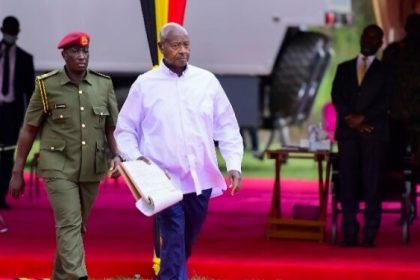 Why we beg to differ with President Museveni on permanent terms pronouncement
Why we beg to differ with President Museveni on permanent terms pronouncement
 Sobi’s gang is fragmenting, here is why that is bad for you
Sobi’s gang is fragmenting, here is why that is bad for you
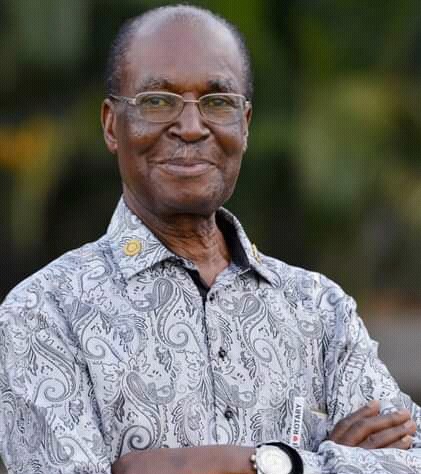 Henry Kisajja Kyemba: An enigma fades into the sunset
Henry Kisajja Kyemba: An enigma fades into the sunset
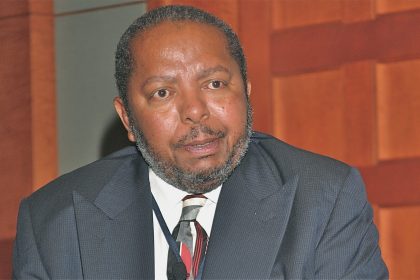 Emmanuel Tumusiime- Mutebile: The passing of an economic titan
Emmanuel Tumusiime- Mutebile: The passing of an economic titan
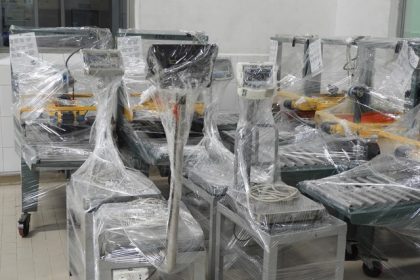 Why currency manipulation might be a better tool for Kenya, than bans in trade war with Uganda
Why currency manipulation might be a better tool for Kenya, than bans in trade war with Uganda
 Navigating the Kenya-Uganda milk impasse: Lessons from rice show us the ugly flipside of protectionist policies
Navigating the Kenya-Uganda milk impasse: Lessons from rice show us the ugly flipside of protectionist policies
